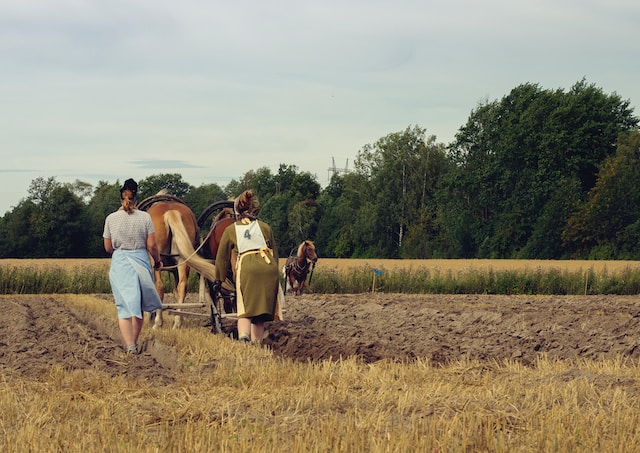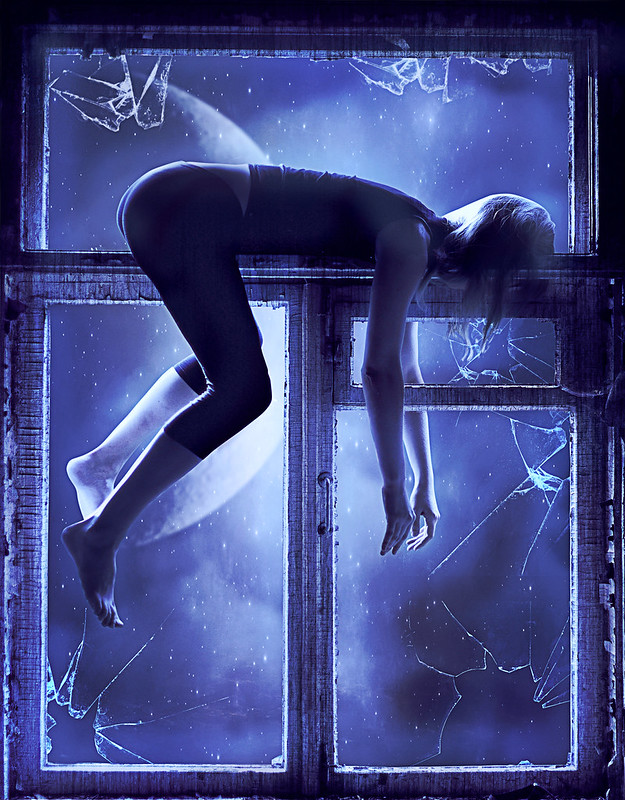The Mind-Plough
By Christina Hennemann
We rest on this earth where they
once ploughed, the sweat and laughs
formed freckles under the sun
and soil sloppy on shoelaces;
my mother stumbled over a rock,
stitches on cheek, her needle
and thread that sewed my socks,
my curtains, shade from the blazing
truth out there, we’re invading
our ancestors’ graves, more than
we can grasp, and is there life
on Mars or a pink unicorn moon?
Board the spaceship you lot, here’s
nothing left for you, leave us alone;
we cling to our possessions,
the meat and the litter, are you
even qualified, or have you fled
the war, well then I feel for you,
but I’m trying to get a mortgage
and my secret subtenants shower
way too long, the bills, my guilt
and my mother, she needs to heal
from what he did to her and the fall,
did you know that women suffer
three times more than men from
multiple sclerosis? It’s the stress,
the male gaze and female smile,
oh dear, I didn’t mean to, come
back here, my arms are open,
together we’ll handle this—
let’s plant those seeds in the earth.
Christina Hennemann is a poet and prose writer based in Ireland. Her debut poetry pamphlet was published by Sunday Mornings at the River in 2022. She won the Luain Press Poetry Competition and was shortlisted in the Anthology Poetry Award and longlisted in the National Poetry Competition. Her work appears in Skylight 47, fifth wheel, Livina, Ink Sweat & Tears, Moria, National Poetry Month Canada, and elsewhere. She is currently working on a full-length poetry collection. Visit her website at www.christinahennemann.com.
Photo credit: Miika Laaksonen on Unsplash.
A note from Writers Resist
Thank you for reading! If you appreciate creative resistance and would like to support it, you can make a small, medium or large donation to Writers Resist from our Give a Sawbuck page.



